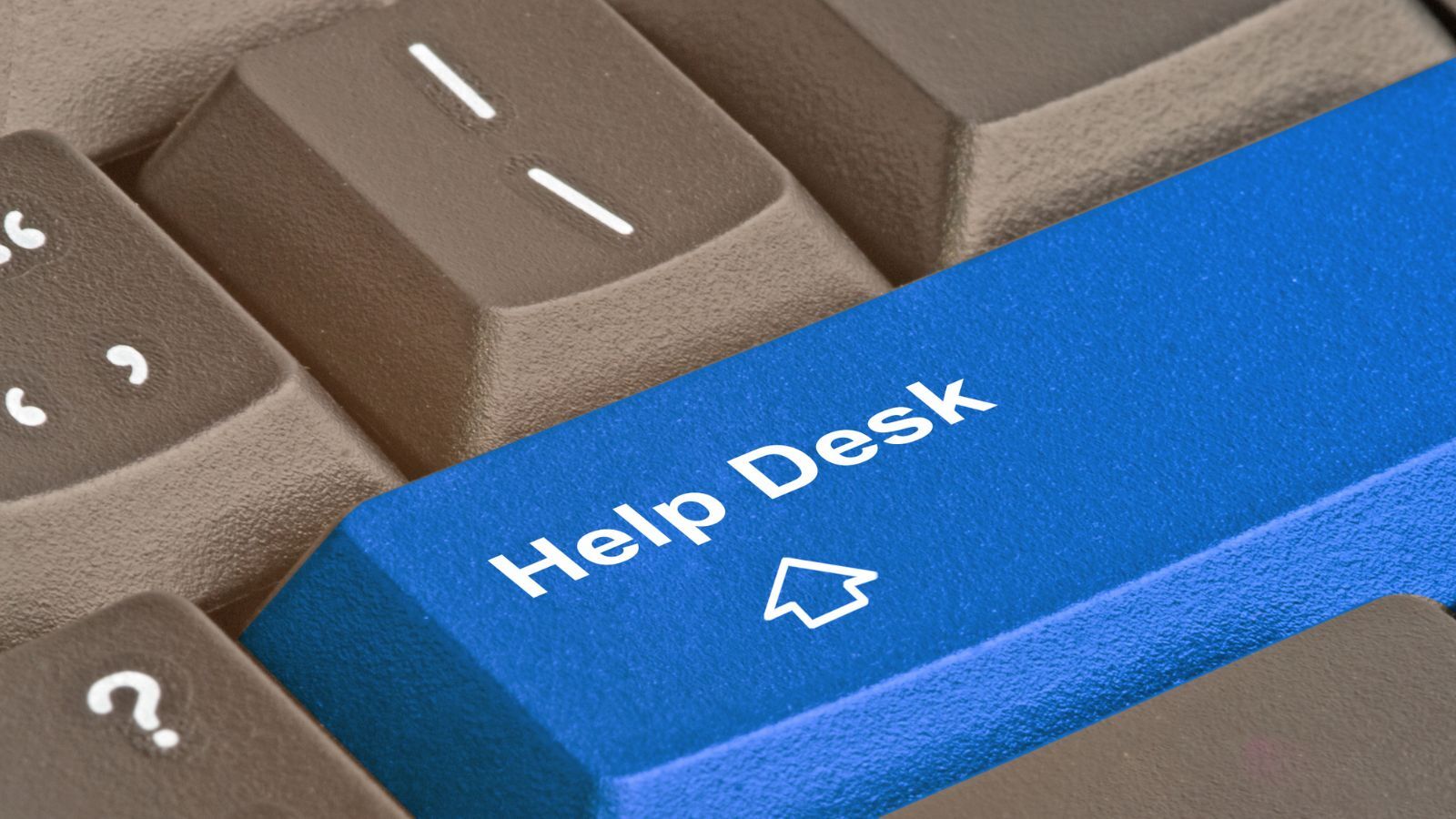4 Essential Tools Every Digital Marketer Needs in 2025
Digital marketing is an ever-evolving field, and keeping up with the latest tools is crucial for staying ahead. Whether you're brainstorming content...
Everybody likes things that are easy, helpful, and free. By registering for a free account at getmatcha.com I'm able to select one pre-written article each month to share with on my blog. If you're looking for ways to simplify the time requirements of your content marketing, it's pretty nice option.
As a parent, helping my girls manage the anxiety associated with returning to public spaces has been challenging. I found this article to be helpful - I hope you do too!
As Americans adapt almost minute-by-minute to keep up with evolving information regarding the new coronavirus outbreak, we must pay careful attention to our families. It is incumbent on adults to react appropriately to reduce children’s anxiety over the uncertainty, because children are always watching and they take cues from our behavior, whether spoken or signaled by our actions.
To keep children as anxiety-free as possible, adults must practice and demonstrate self-management and self-awareness of their own anxiousness and be conscious of how this might be unintentionally transferred to children. Daily self-reflection is necessary, so adults are equipped with a mindset and skillset to positively interact with children of all ages. It is critical for adults to regulate their behavior, not only for their own emotional and physical health, but for that of their children. (This is known as consistent self-regulation.)
They should then obtain the real facts concerning the situation, discuss these with other adults, and consciously plan for how to contain this anxiety, especially when in the presence of kids.
As we acknowledge anxiety, we can also think about how maintaining a calm demeanor will assist children. We should consider that our discussions with children about the coronavirus will vary depending on the developmental level of each child.
Adults should behave as normally as possible, remain calm, be creative about the new reality, and communicate as clearly as they can with children on a regular basis.
It is important to design a daily routine for children similar to what they are used to, and to stick with it, so children’s anxiety does not escalate.
When children hear news or conversation about this “new” reality, adults must consider the cognitive developmental level of children and always have discussions honestly. For example, when young children ask if he/she or you are going to die from what is going on, the response should be as simple as possible. Concentrate on the positive. “We are staying home as a precaution. We are washing hands more often to continue to be safe.”
Adults interacting with children at very young ages should be highly aware of triggers for children, such as acting out in ways that are unusual, over-emphasis on the actual crisis (such as asking too many questions, dwelling on all the negative that is being given in the media), rather than staying with the established daily routines.
These triggers might move them into negative space, negative thoughts, and might emotionally affect them in even more permanent ways. It is the adults’ responsibility to discuss, but to keep children in as normal a setting as possible.
With older children, such as high school students, more specifics can be shared. However, it is still important to establish boundaries and routines for these children. Even though more specific discussions can be had, these children, too, might experience anxiety and nervousness that could manifest for a lengthy period. Routines are just as important for older kids.
The takeaways for adults interacting with children during this uncertain time include the importance of all adults being mindful of their own anxiety and anxiousness regarding the current situation. It also includes being conscious of behaviors that might be interpreted by children as negative when they are not necessarily intended as such and practicing self-regulation with these behaviors.
Adults must be mindful about the amount of information children are able to comprehend, so they should not offer anything that might make children more anxious. We should consistently convey the message, in our conversations and in our actions, that everything being done is meant to help everyone remain safe.
This is true for children of all ages. Routines help all of us and will help reduce anxiety levels and imbue trust.
Written by Ned Johnson and William Stixrud for Working Mother and legally licensed through the Matcha publisher network. Please direct all licensing questions to legal@getmatcha.com.

Digital marketing is an ever-evolving field, and keeping up with the latest tools is crucial for staying ahead. Whether you're brainstorming content...

In 2025, social media continues to be a cornerstone of digital marketing strategies for businesses of all sizes. With ever-changing algorithms and...

A call to action (CTA) is one of the most critical elements of your marketing content. Whether it’s a blog post, social media ad, email, or website...

1 min read
As a small business owner, expanding your team can be a daunting task. Your business is not just a venture; it's a personal endeavor that you've...

In 2024, Yahoo and Google are stepping up their game by introducing mandatory sender authentication procedures to combat the ever-growing issue of...

75% of users will judge your company’s credibility based on how well you can pull off your site’s visual design.